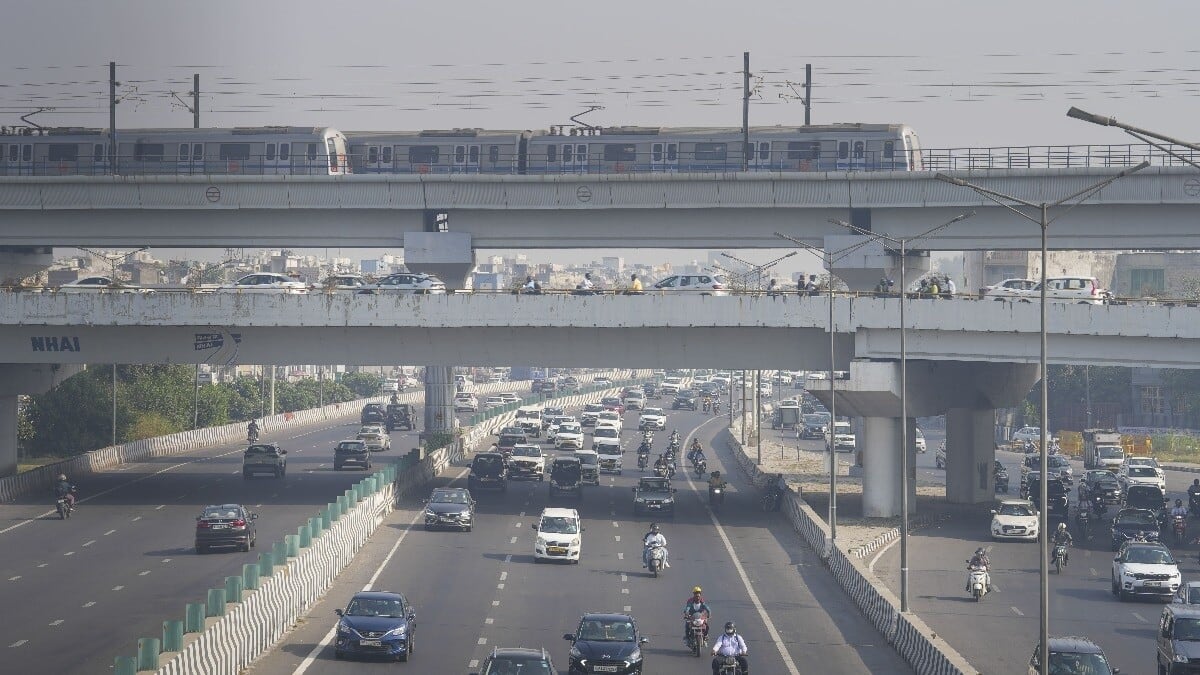
Delhi MCD allocates ₹2.4 crore to combat rising air pollution
What's the story
To tackle the worsening air pollution in the city, which has now entered the "very poor" category, the Municipal Corporation of Delhi (MCD) has earmarked ₹2.4 crore.
The money will be divided among 12 city zones, with each getting ₹20 lakh for improving dust control measures and making sprinklers operational.
The MCD's efforts mainly focus on reducing pollution from dust and stubble burning in neighboring states like Punjab and Haryana.
Pollution control
Anti-smog guns and dust suppressants to be deployed
As part of the pollution control efforts, anti-smog guns and dust suppressants will be utilized more effectively. Construction sites will be closely monitored to control dust and debris.
The Public Works Department (PWD) will also conduct daily checks to ensure roads are cleaned weekly.
Despite a slight improvement due to squally winds, Delhi's Air Quality Index (AQI) stands at 354, still in the "very poor" category.
Pollution peak
Delhi's pollution levels highest in India
The Central Pollution Control Board (CPCB) noted that Delhi's pollution levels are the worst in the country.
The AQI improved marginally from 364 on Wednesday to 306 on Thursday but is likely to deteriorate further with Diwali around the corner.
The System of Air Quality and Weather Forecasting And Research (SAFAR) forecasts that air quality could fall into the "severe" category over the next week due to adverse meteorological conditions.
Stubble burning
Stubble burning continues to impact Delhi's air quality
Stubble burning in neighboring states worsens the problem, leading to health problems like respiratory diseases and skin allergies.
While incidents of stubble burning have reduced marginally this year, they still contribute heavily to the air quality.
The Commission for Air Quality Management (CAQM) has sent central teams in hotspot districts to curb paddy stubble burning.
Legal action
Supreme Court criticizes government over stubble burning penalties
The Supreme Court had also slammed the government for failing to impose penalties for stubble burning under the CAQM Act.
The Air Quality Early Warning System predicts that Delhi's AQI may breach 400 by Diwali.
An 11-point action plan under Stage II of the Graded Response Action Plan (GRAP) has been implemented, including steps such as mechanical sweeping and water sprinkling.